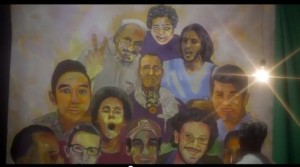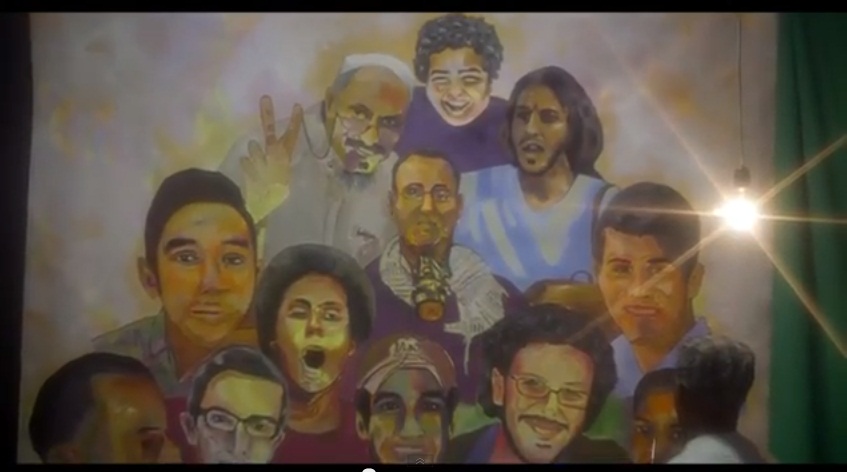
Since the 2011 Revolution many artists have released music that attempts to appeal to the newly found pride and patriotism of Egyptians. The recently released song Al Masry, The Egyptian, is different in that it is full of musical imagery and is focused on identifying or revealing the typical traits of the Egyptian persona. The creators of the song have dedicated it to the souls of the Egyptian martyrs, giving the song a nationalistic flair.
The music relies heavily on typical Egyptian instruments, such as the ney, oud, tabla, and the Egyptian tambourine, and is composed by Mohamed Antar, a professional ney player that studied Middle Eastern, specifically Egyptian, music.
The vocals are an ensemble of classically-trained Egyptian singers of both genders, with remarkable capabilities that warrant each one an opportunity to sing a verse. The singing style is reminiscent of the seventies or eighties when operettas were more common.
The song celebrates Egyptian heritage through the use of local artistic imagery such as hand puppets, which are often tied with Salah Jahin and Saeed Mekawy’s El Leila El Kebeera. The song seems to slightly mimic the style of this famous Egyptian operetta but when asked whether this theme in the video was intended, Antar explained that the director, Hala El-Koussy, used images “from Egyptian folklore with modifications to suit the era and current events”.
Al Masry centres on explaining the attitudes of Egyptians, rather than create comic sketches or satirical ideas. The song praises the patience, resilience and general good nature of Egyptians and tries to highlight the diversity rather than generalising them into one bland idea. According to Antar, the song lyricist, Salim Al-Shabani, wanted to present an array of “purely Egyptian characteristics”.
Antar explained that to avoid falling into the “purely nationalistic” genre, the artists chose “to make it [the song] a message directed to any Egyptian ruler” so that the ruler “knows how to deal with the Egyptian mentality”. Antar went on to say that the song targets the Egyptian people as well, to remind them of their “solid historical, moral and social background that enables them to deal with different situations”.
The song tries to preserve the traits of Egyptian music as well as the Egyptian persona . Antar said his primary goal when he composed the song was to go back to the roots of Egyptian music try to achieve the desired sounds or effects without the use of any foreign or non-oriental instrument. Antar’s approach is refreshing at a time when many artists continue to mimic western styles of music, pushing Egyptian culture further into oblivion.
Al Masry carries a message of conservation of everything that is truly Egyptian, set to a nice melody and with meaningful lyrics. It fights against the waves of fast-paced, impersonal songs of loves lost and missed, trying in its own way to present something that is purely Egyptian.




